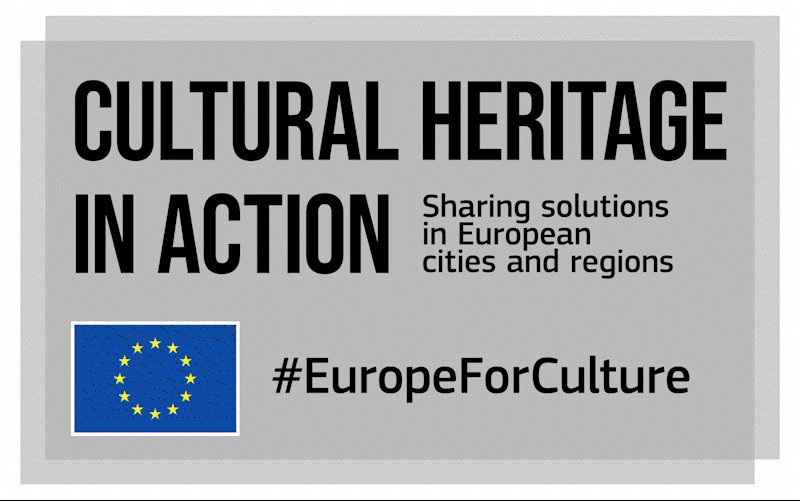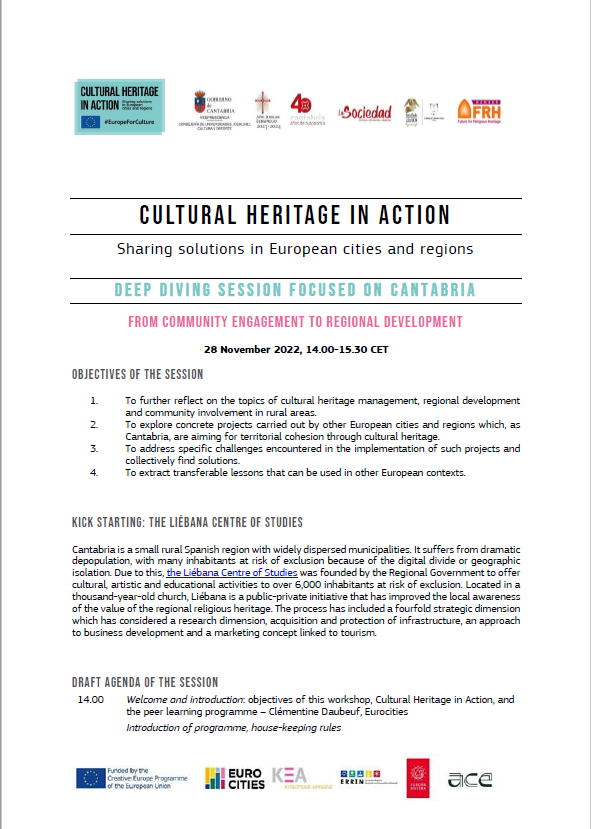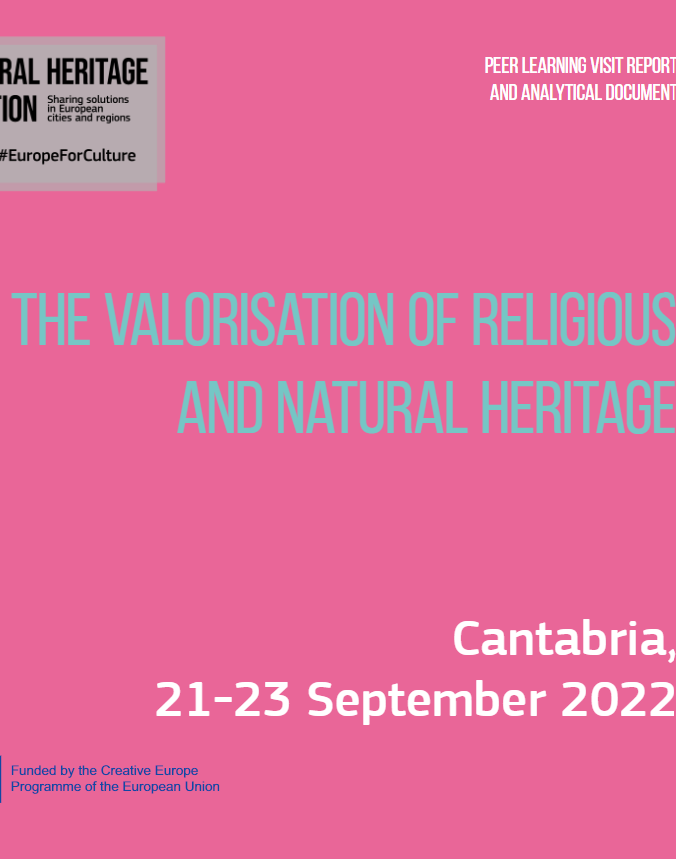Objectives of the session
- To further reflect on the topics of cultural heritage management, regional development and community involvement in rural areas.
- To explore concrete projects carried out by other European cities and regions which, as Cantabria, are aiming for territorial cohesion through cultural heritage.
- To address specific challenges encountered in the implementation of such projects and collectively find solutions.
- To extract transferable lessons that can be used in other European contexts.
Kick starting: the Liébana Centre of Studies
Cantabria is a small rural Spanish region with widely dispersed municipalities. It suffers from dramatic depopulation, with many inhabitants at risk of exclusion because of the digital divide or geographic isolation. Due to this, the Liébana Centre of Studies was founded by the Regional Government to offer cultural, artistic and educational activities to over 6,000 inhabitants at risk of exclusion. Located in a thousand-year old church, Liébana is a public-private initiative that has improved the local awareness of the value of the regional religious heritage. The process has included a fourfold strategic dimension which has taken into account a research dimension, acquisition and protection of infrastructure, an approach to business development and a marketing concept linked to tourism.
What to expect
During this session, you will get some insights into the content of the Cultural Heritage in Action peer-learning visit in Cantabria (Spain). You will learn about the challenges of the Liébana Centre of Studies with Pilar Bahamonde and Javier Cantera focusing on managing this heritage site, but also on the regional perspective (connecting sites and stakeholders) and sharing lessons learnt in community engagement.
Two related cases from the group who attended the peer-learning visit in Cantabria will then be presented:
- Public Institution Fortress of Cultural Sibenik, Croatia
- ADRAL, Alentejo Regional Development Agency, Portugal
The presentations will be followed by a group reflection. Participants will be given the opportunity to react and ask burning questions to the presenters before each city presents their selected challenge in relation to their case study.
The experts who attended the visit in Cantabria will guide the group through an in-depth exploration of the cases, collecting recommendations and feedback.
Why should you join?
During this session, you will get some insights into the content of the peer learning visit in Cantabria and the analysis of heritage management, regional development and community involvement in rural areas. Two cities and regions will present good practices highlighted during the visit, focusing on the background, challenges faced related to the theme of the session, solutions, management model, transferability of the practice and impact.
The essence of the advice can be captured as “top tips”. Presenting cities and regions will reflect on what they’ve heard and provide additional information. The session will also be an opportunity to discuss your own challenges and present your examples.
The session will provide an occasion to engage in discussion with peers from other European local authorities. We will also provide access to the materials shared during the peer learning visit with all participants in the online deep-diving session.




